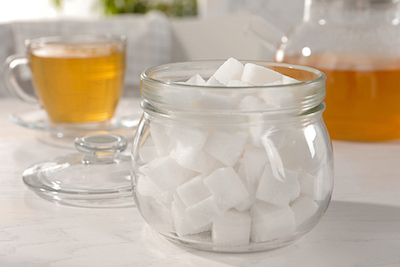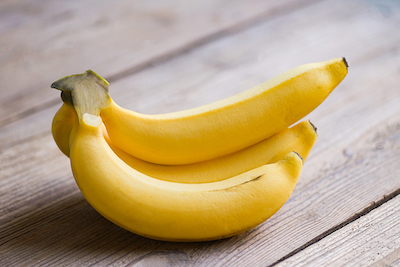1. Source and Composition
- Honey: It is a natural sweetener produced by bees from the nectar of flowers. Honey’s composition is complex, including sugars (mainly fructose and glucose), water, and other components such as enzymes, amino acids, vitamins, minerals, and antioxidants.
- Sugar: Commonly refers to table sugar or sucrose, which is extracted from sugarcane or sugar beet plants. Sugar is a simple carbohydrate, consisting mainly of sucrose, which is a disaccharide composed of glucose and fructose.
2. Nutritional Value
- Honey: It is richer in nutrients compared to sugar. Honey contains small amounts of vitamins (like B6, thiamin, niacin, riboflavin, pantothenic acid) and minerals (like calcium, copper, iron, magnesium, manganese, phosphorus, potassium, sodium, zinc). It also has antioxidants, which can protect the body from inflammation and free radicals.
- Sugar: Provides empty calories, meaning it supplies energy but minimal nutritional benefits. Sugar lacks vitamins, minerals, and antioxidants.
3. Glycemic Index (GI)
- Honey: Has a slightly lower GI than sugar, meaning it causes a slower rise in blood sugar levels. However, the GI of honey can vary depending on its type.
- Sugar: Has a higher GI, leading to a quicker spike in blood sugar and insulin levels, which can be a concern for people with diabetes or those trying to manage their blood sugar levels.
4. Health Impacts
- Honey: Its antioxidants and anti-inflammatory properties can offer some health benefits, such as improved heart health and wound healing. However, it is high in calories and fructose, which in excess can lead to weight gain and health issues.
- Sugar: Excessive consumption is linked to various health problems, including obesity, type 2 diabetes, heart disease, and tooth decay. Sugar’s lack of nutritional value and its impact on metabolism can contribute to these issues.
5. Taste and Usage
- Honey: Has a distinct flavor, which can vary widely depending on the flowers used for its production. It’s sweeter than sugar, meaning you might use less of it. Honey is versatile, used in cooking, baking, beverages, and as a natural remedy.
- Sugar: Provides sweetness with no specific flavor, making it a common ingredient in a wide range of foods and drinks. It’s used in baking, cooking, and as a sweetener for beverages.
6. Environmental Impact
- Honey: Beekeeping supports biodiversity and plays a crucial role in the pollination of many crops and wild plants. However, concerns include the impact of commercial beekeeping practices on bee health and the environment.
- Sugar: The production of sugar, especially in large plantations, can have significant environmental impacts, including land use change, water consumption, and pesticide use, contributing to biodiversity loss and pollution.
Conclusion
While both honey and sugar can sweeten foods and beverages, they have distinct differences in nutritional value, health effects, and environmental impact. Honey offers more nutritional benefits and a lower GI but should still be consumed in moderation due to its high fructose content. On the other hand, sugar, especially when consumed in excess, is linked to various health issues without providing any nutritional benefits. Choosing between them depends on personal health goals, dietary needs, and preferences.














